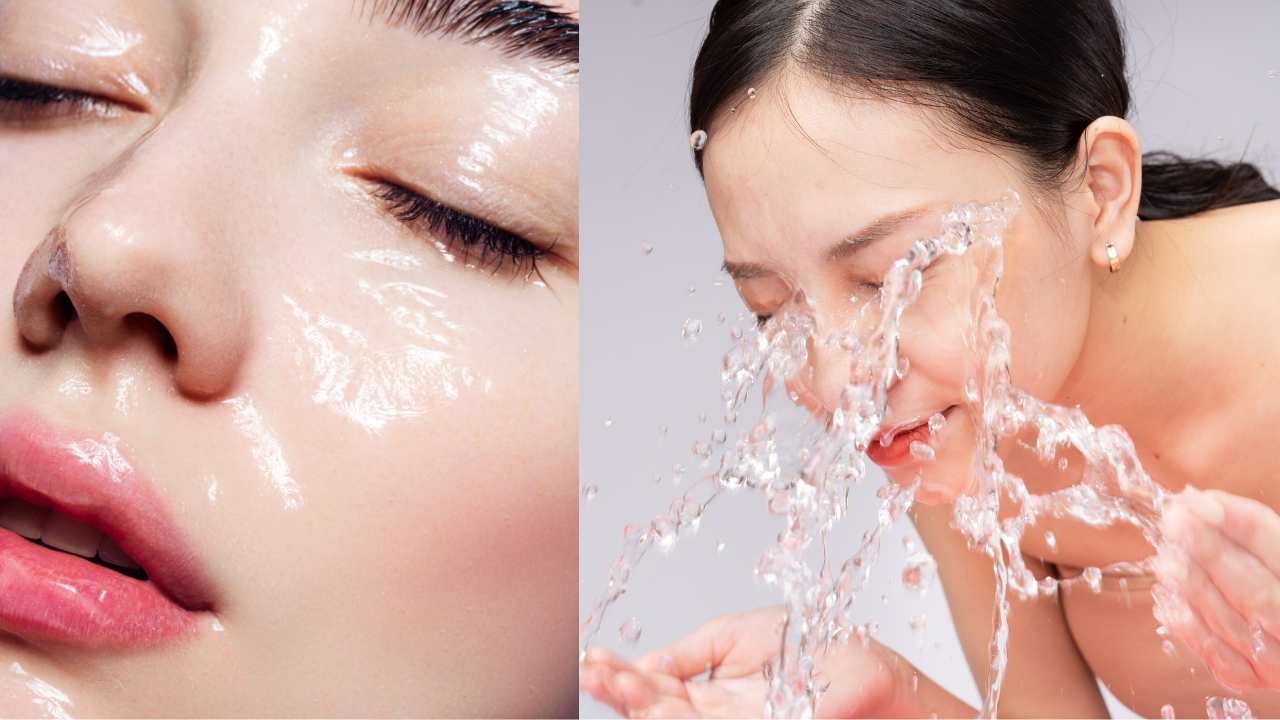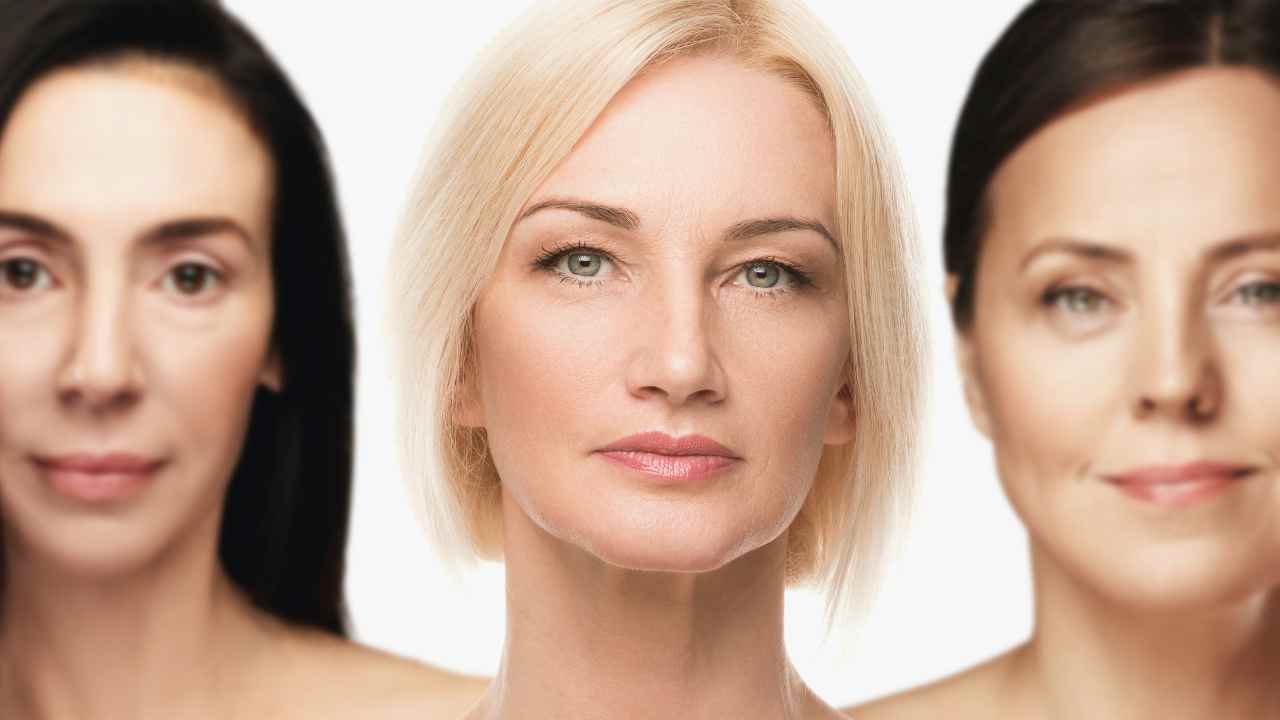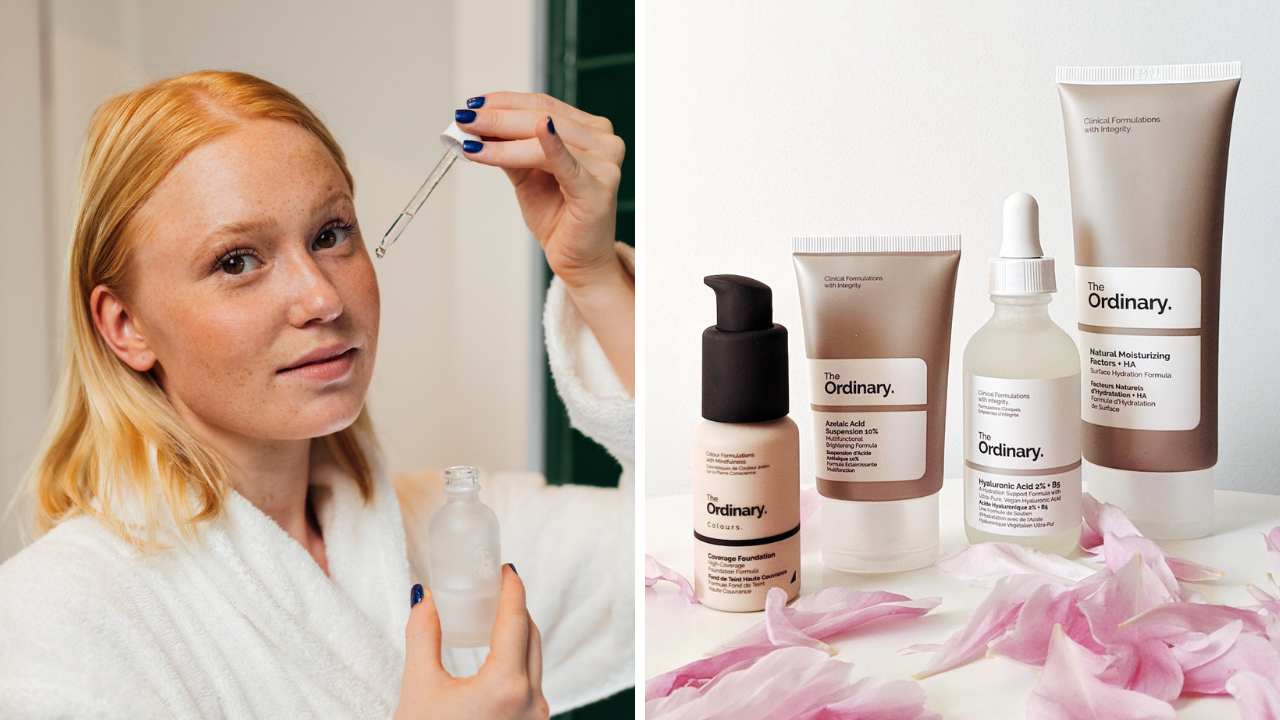
Is Hyaluronic Acid Good for Oily Skin? Here's Your Answer!
Have you ever wondered if hyaluronic acid is good for oily skin? Good news, we've done the research for you!
Hyaluronic acid is one of the most popular skincare ingredients on the market, but does it really work for people with oily skin?
We went looking for answers. Keep reading see what we found!
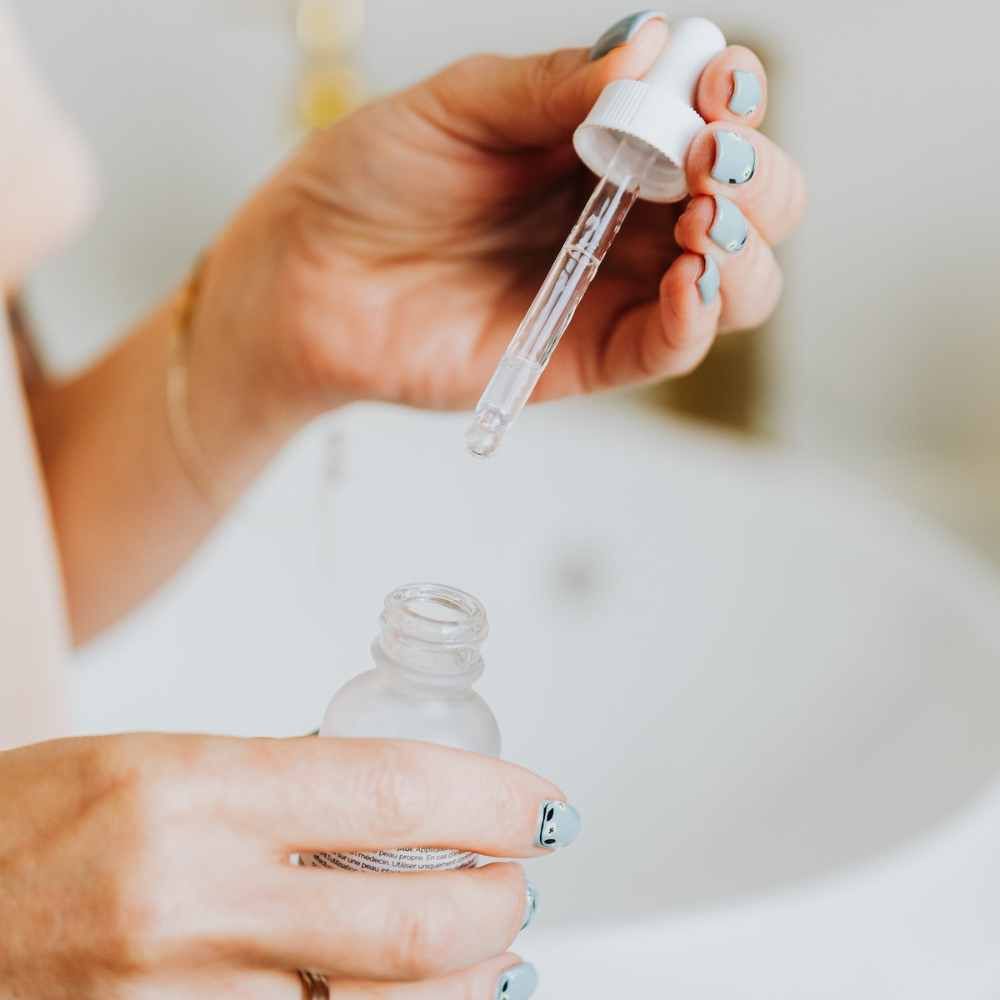
What is Hyaluronic Acid?
Before we dive into whether or not hyaluronic acid is good for oily skin, let's first go over what it actually is.
In short, hyaluronic acid is a type of sugar molecule that occurs naturally in the human body.
It helps bind water to your cells enhancing skin hydration. Keep in mind that dehydrated skin can look and feel oily, since it's trying to compensate by producing more oil than necessary.
This means that adding hyaluronic acid to your skincare routine can actually help reduce the appearance of oily skin in some cases.
Does Hyaluronic Acid Clog Pores?
No, hyaluronic acid does not clog pores. In fact, it can actually help reduce the appearance of pores and has many other skin care benefits as well.
Hyaluronic acid is a natural glycosaminoglycan (GAG) found in our bodies that helps to retain moisture and keep skin hydrated.
This makes it an excellent choice for people with dry or dehydrated skin types because it locks in moisture while addressing signs of aging like wrinkles and fine lines.
Additionally, it helps protect against environmental damage from exposure to sun, smoke, and pollution by binding to collagen fibers in the dermis layer of the skin.
Furthermore, scientists have studied its efficacy as a pore reducer over the years.
One study showed that applied topically on oily-prone areas for four weeks significantly reduced pore size without clogging them up!
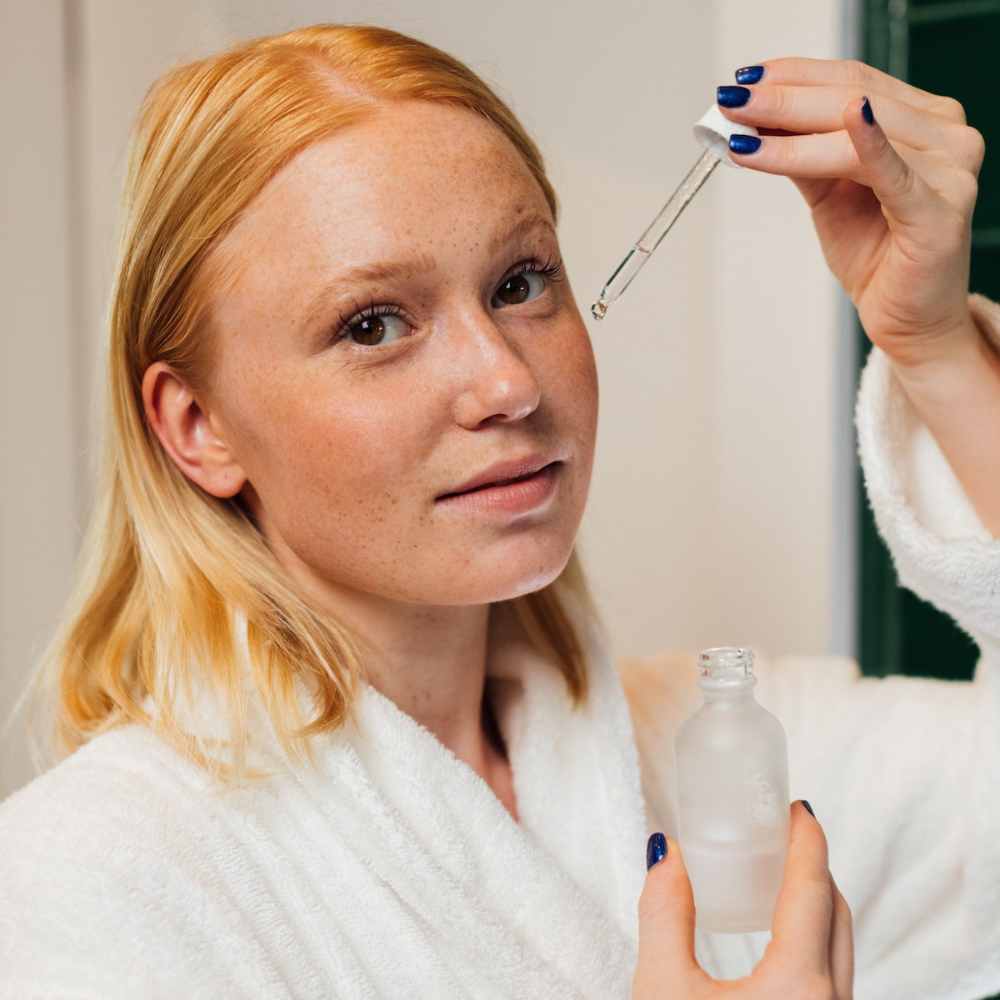
Does Hyaluronic Acid Help Oily Skin?
When used properly, hyaluronic acid can be incredibly beneficial for people with oily skin.
It helps draw moisture into your cells without leaving any residue behind.
This helps keep your skin looking healthy and reduces excess sebum production which can lead to breakouts and clogged pores.
Additionally, because hyaluronic acid has antioxidant properties, it can also help protect your skin from environmental stressors like pollution and UV rays.
What are Some Other Benefits of Hyaluronic Acid?
Aside from helping control excess oil production, there are plenty of other benefits associated with using hyaluronic acid on your face.
For starters, it helps reduce wrinkles and fine lines by plumping up the skin and filling in gaps between collagen fibers in the dermis layer of your skin.
Additionally, because it's an anti-inflammatory ingredient, it can help soothe irritation caused by breakouts or dry patches of dead skin cells.
Finally, because it's a humectant (an ingredient that absorbs moisture), it helps protect against transepidermal water loss (TEWL) which occurs when too much water evaporates from your skin's surface due to external factors like cold weather or windy days.
Can You Use Hyaluronic Acid on Acne?
Yes, hyaluronic acid can be used on acne prone skin, oily skin, sensitive skin and dry skin. It helps to soothe inflammation, reduce redness and improve hydration levels in the skin.
Hyaluronic acid also has antimicrobial properties which can help to fight against bacteria that cause acne breakouts.
In addition, it can also help speed up wound healing and repair of damaged skin cells.
When used as part of an overall skincare routine for acne prone skin - including other ingredients like salicylic acid, niacinamide or retinol - hyaluronic acid can offer great benefits for those with blemished skin.
Can You Mix Hyaluronic Acid with Other Serums?
Yes, it is completely safe to mix hyaluronic acid with other serums.
Hyaluronic acid helps keep your skin hydrated by binding moisture and forming a protective skin barrier.
This makes it an excellent addition to any serum as it can provide additional benefits such as increased softness, elasticity, and suppleness.
When combined with other serums containing vitamins or peptides, hyaluronic acid’s moisturizing properties can help improve the effectiveness of the other ingredients by aiding in their absorption.
Plus, many products now offer formulations specifically designed for layering different active ingredients together for maximum benefits.
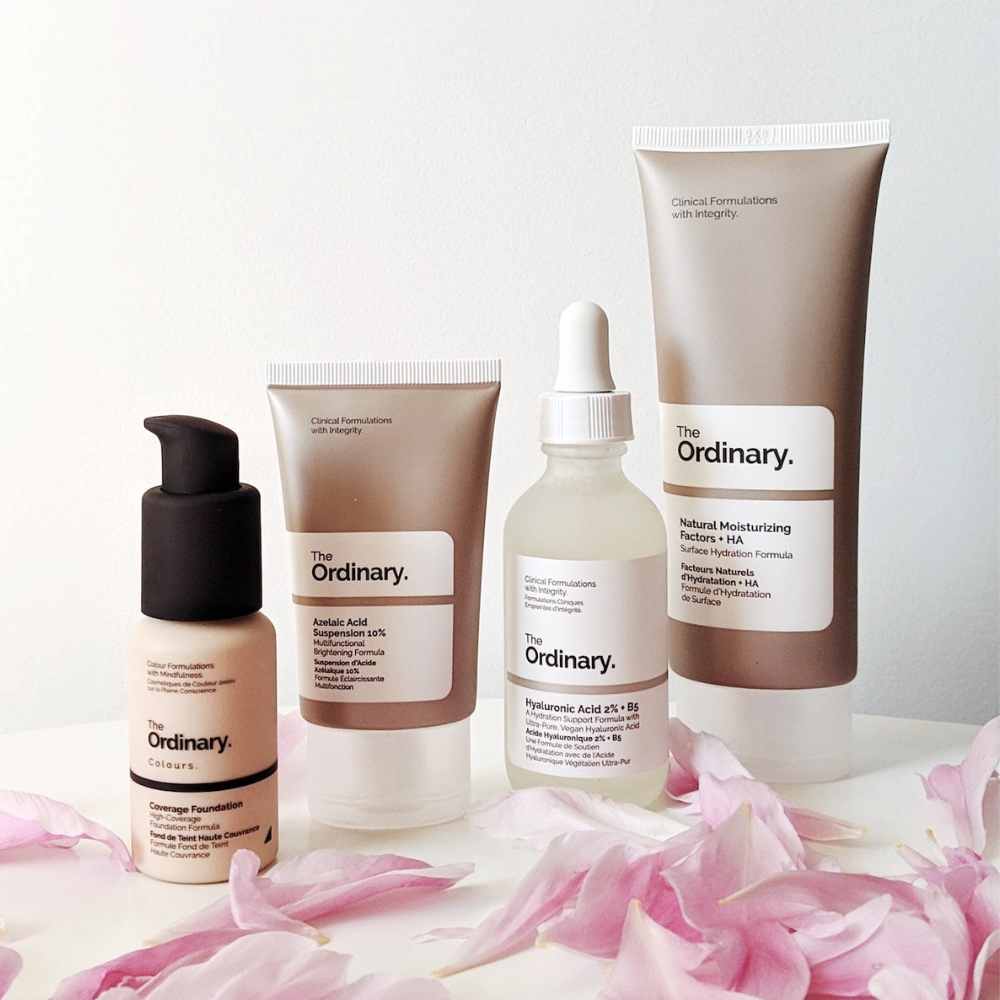
What Kinds of Products Contain Hyaluronic Acid?
Hyaluronic acid is one of the most popular and versatile skin care ingredients available today, so it's no surprise that you can find it in a wide array of products.
While its primary function is to lock in moisture and prevent dehydration, hyaluronic acid also has anti-aging benefits, as it helps reduce wrinkles and fine lines by providing structural support to aging skin cells.
You'll find hyaluronic acid featured as an ingredient in numerous types of skin care products such as cleansers, toners, masks, serums and moisturizers.
Facial Cleansers
Cleansers that contain hyaluronic acid can help lift dirt off the surface of your skin while deeply hydrating your complexion. A hyalauronic acid facial cleanser just might be your answer to clear skin.
Toners
Toners containing this powerful humectant may be helpful for controlling excess oiliness on acne prone or oily skin types without drying out the surface layers. Definitely try a toner containing this helpful ingredient.
Face Masks
Masks are great for treating dry patches or dullness as they soothe irritated areas and increase cell turnover rate thanks to their high levels of antioxidants.
If you'd like maximum hydration look into incorporating an overnight mask featuring HA into your daily routine; these ultra lightweight gels help replenish lost water quickly without leaving any residue behind.
It's perfect for tackling flares associated with sensitive complexions prone (but not limited) redness and irritation due eczema!
Serums
You're probably most familiar with hyaluronic acid serums.
Serums featuring this ingredient often include additional beneficial components like peptides or vitamin C which can combat signs of premature aging like wrinkles and age spots.
A hyaluronic acid serum can be used daily as part of your skincare routine. Here's how to apply it according to TikTok's Dr. Shah:
@dermdoctor Strengthen & Hydrate with Vichy Mineral 89 @vichylaboratoires #AD #VichyPartner #Dermatologist #Skincare #Hyaluronicacid #DermDoctor
♬ original sound - DermDoctor | Dr. Shah
Moisturizers
Moisturizers with HA are terrific for locking in long-lasting hydration because their dense formulas form a barrier seal on top of the skin’s surface that prevents water loss throughout the day.
Eye Creams
You may also wish to explore eye creams made with HA.
These particular formulas have been specifically designed to firm up thinning eyelid tissue caused by natural collagen reduction due to normal aging process - something particularly relevant when we hit our 30s!
Conditioners
Many leave-in conditioners also contain this ingredient as they coat hair cuticles thoroughly moistening each strand while adding volume at the same time.
These conditioner treatments are ideal if you're looking for deep nourishment after bleaching services or chemical processes like straightening, coloring, or perming have stripped the natural oils from your hair and left your locks exceptionally dry and damaged.
Injectable Fillers
Hyaluronic acid fillers are a type of injectable cosmetic dermal filler composed of hyaluronic acid.
They can be used to fill in wrinkles and help restore lost volume in areas such as the cheeks, lips, nasolabial folds (lines that run from the edges of the nose to the corners of the mouth), and marionette lines (lines at the corner of the mouth).
The effects are usually noticeable immediately after injection and can last up to one year.
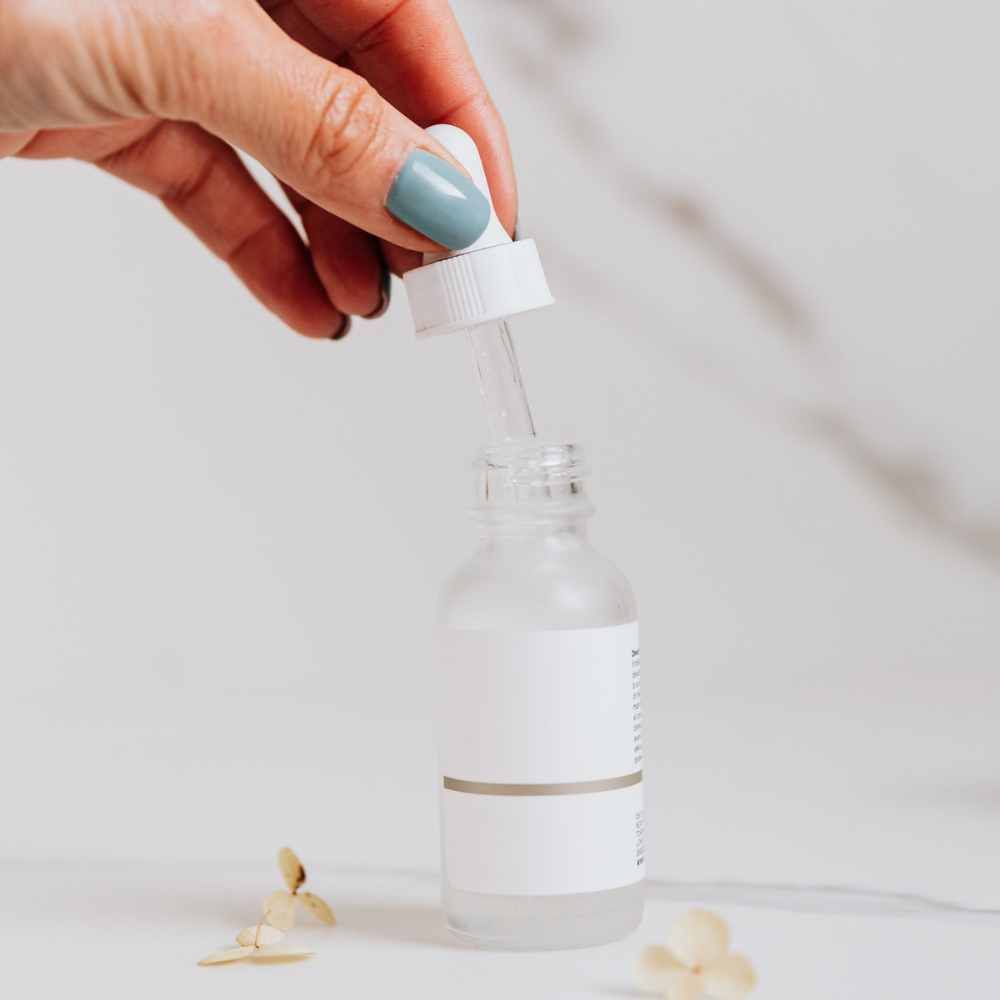
A Miraculous Serum!
So, in conclusion, yes - hyaluronic acid can be used to treat oily skin! And it's even better for dry skin!
Not only does it help draw moisture into your cells without leaving any residue behind but it also has antioxidant properties which can help protect against environmental stressors like UV rays and pollution as well as reduce wrinkles and fine lines by plumping up the skin and filling in gaps between collagen fibers in the dermis layer of your skin.
If you have oily skin or combination skin, hyaluronic acid is a powerful ingredient that should be added to your daily skincare routine to keep your skin moisturized. Let hyaluronic acid work for your skin!
Do you love Glow Recipe skincare products but not the price? Tap the button below for the best Glow Recipe dupes!



